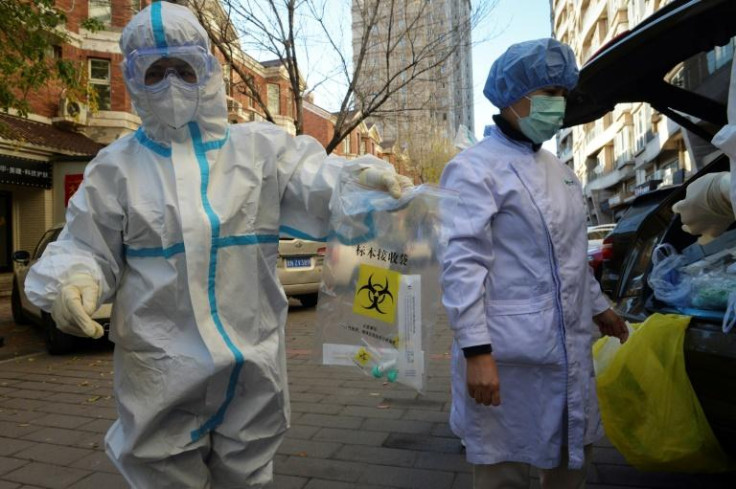Pet hamsters could pass Covid to humans, study suggests
The researchers have also called for animal import controls stating that there is a possibility of Covid transmission via the pet trade.

Researchers at the University of Hong Kong (HKU) have found that pet hamsters were the most likely source of the latest Covid-19 outbreak in Hong Kong. The Delta variant of the coronavirus has been leading the current surge of infections in the region.
As many as 2,000 hamsters were culled at a pet shop in the Causeway Bay area of the city after a staffer and a customer tested positive for the strain.
The study, which has been published in The Lancet medical journal, states that 15 Syrian hamsters at the shop had tested positive for Covid-19. The hamsters had contracted the Delta variant around mid-October last year.
"Since Delta viruses had not been in circulation in Hong Kong for three months, importation of infected hamsters was, therefore, the most likely source of introduction of this chain of infection into Hong Kong," the experts wrote in the study.
Professor Leo Poon, one of the lead researchers involved in the study, said that it has provided "convincing evidence" of pet hamsters being the source of human infection.
"We also provide evidence suggesting the possibility of international movement of SARS-CoV-2 infection via the pet trade," he added.
Poon continued: "Both genetic and epidemiological results strongly suggest that there were two independent hamster-to-human transmissions and that such events can lead to onward human transmission. Importation of infected hamsters was the most likely source of virus infection."
The study also suggested that other animal species could also spread the infection to humans.
"These findings highlight that SARS-CoV-2 may be spilling over to other animal species unsuspected and providing an additional reservoir for the virus for further adaptation and zoonotic spill over back to humans," it read.
Several studies over the last two years have claimed that the virus can spread from humans to wild animals including lions, tigers, deer, and mink. A recent study by scientists in Canada claimed that the virus could possibly spread from white-tailed deer to humans.
The World Health Organisation (WHO) has also listed steps that must be taken to avoid animal to human transmission. It stated that the spread of the virus in animals could lead to the emergence of new variants.
We must all take steps to reduce the spread of SARS-CoV-2 and reduce the risk of transmission between animals and humans.
— Maria Van Kerkhove (@mvankerkhove) March 7, 2022
Together we can end the #COVID19 pandemic.@WHO @FAO @OIEAnimalHealth https://t.co/LuV9WjdTQ9
© Copyright IBTimes 2024. All rights reserved.






